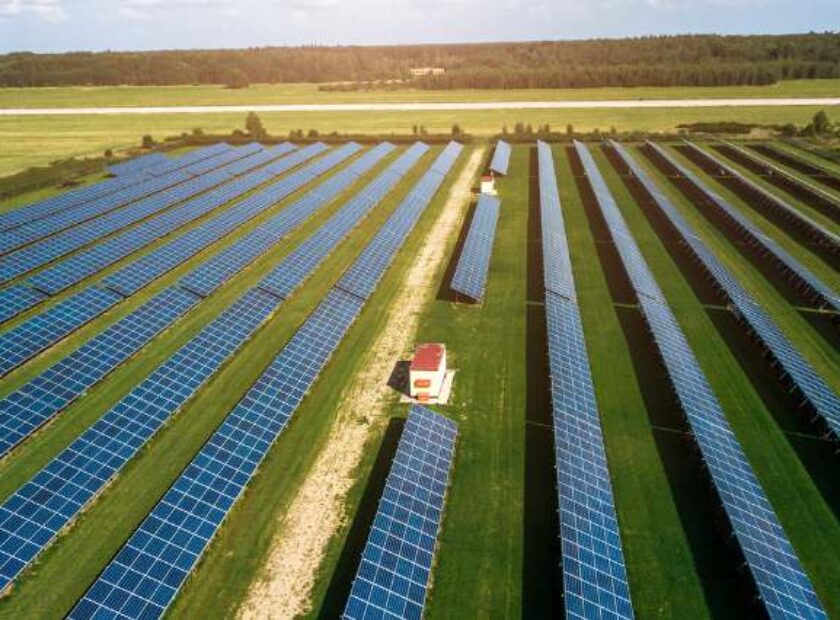Why many brands are greenwashing?

Greenwashing as the name suggests happens when companies purport to be environmentally conscious and have eco-friendly products, only for the sake of marketing and promotions, without having any real intentions or efforts toward sustainability.
But not all companies using this marketing tactic have bad intentions, to begin with, and may simply be unaware of how to be carbon-friendly. However, due to rampant greenwashing by small and large corporations, most consumers have a hard time trusting brands when they make claims about their sustainable practices.
These days customers buy environmentally friendly electronics, screw-on low energy lightbulbs, buy low water usage washing machines, and electric cars. Fast fashion and unsustainably manufactured products are quickly fetching to be unfashionable among the increasingly growing climate-conscious population of buyers. Yet greenwashing is a prevalent marketing gimmick intended to mislead customers.

How does this hurt the brand instead of adding to the bottom line?
Greenwashing has changed its face several times over the past 20 years. In the mid-80s the oil company Chevron had commissioned several TV ads under their popular campaign “People do” wherein they promoted their dedication to safeguarding the environment. Yet, it was soon discovered that the brand had been overrepresenting its sustainability practices, and had been dumping oil into wildfire refuges, thus, actively violating the Clean Air Act and Clean Water Act.
Hence, it is understandable that greenwashing isn’t sustainable (pun intended). Eventually, embellishments come to bite back brands at the worst times and many may never recover from the bad rap.
Fluffy language, greenwashed packaging (paper bags with eco-friendly symbols), making claims such as “made with organic cotton” or “5-star energy-rated” can have serious consequences if probed by curious minds waiting to make some money out of a lawsuit.
Our suggestion would be to clean up organizational operations with eco-friendly practices. Make valid claims; instead of saying “made with organic cotton” be transparent and say “made with 60% organic materials” and start researching about being sustainable in your business.
A good place to start your journey towards sustainable practices is to reduce your carbon footprint and use sustainable energy.
People often confuse sustainable energy with renewable energy. While most renewable energy is sustainable, sustainable energy is derived from sources that can be renewed yet do not emit climate-affecting gases into the environment while in use. The answer to our ever-increasing need for energy resources is a complex and nuanced one. Sustainable energy is a promising solution that, when considered with efficiency and effectiveness can offer a greener tomorrow within reasonable means.






